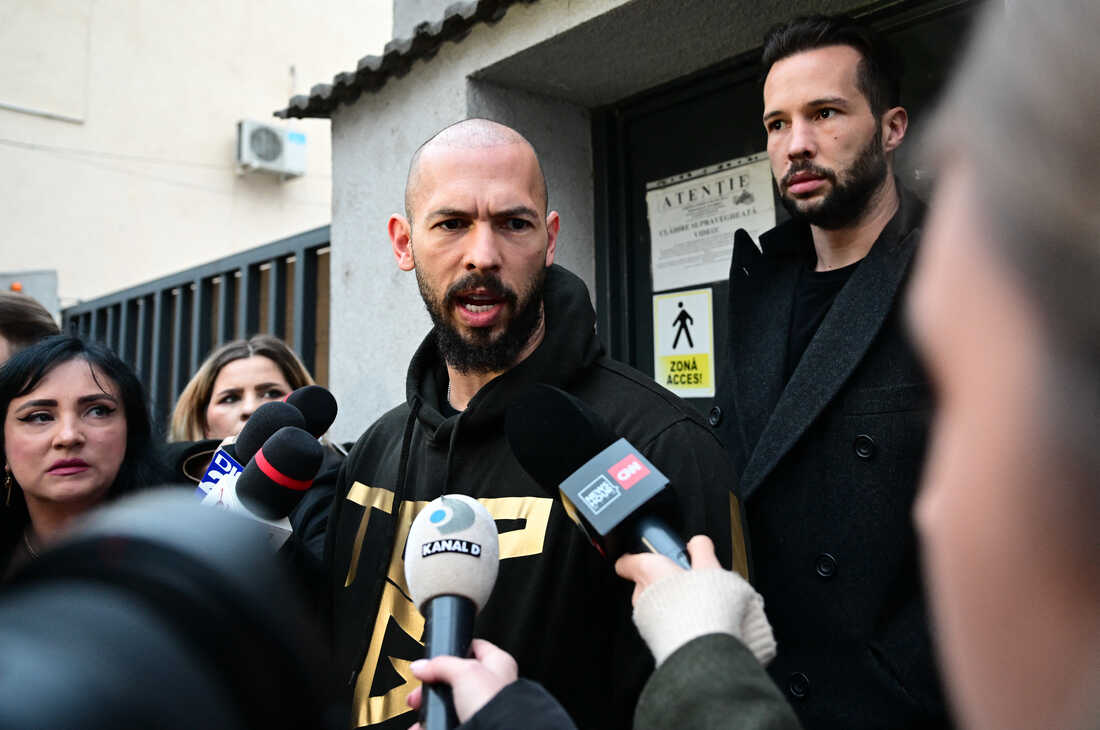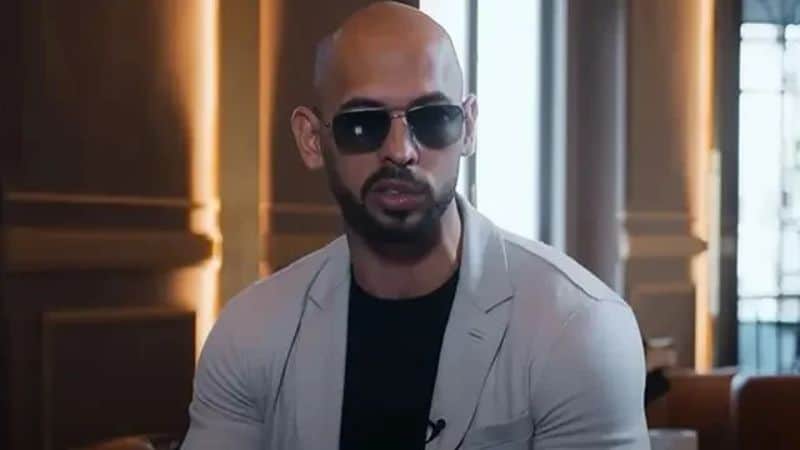Andrew Tate arrested – again

Andrew Tate (title image: Daniel Mihailescu) has been arrested again. The controversial figure known for his appearances on reality television and his unapologetic online persona, has once again found himself at the center of attention.
This time reports are emerging of his arrest in Romania over a warrant issued in the United Kingdom.
The news of Tate’s arrest has sparked considerable interest and debate across social media platforms and news outlets. For those unfamiliar with Andrew Tate, he gained notoriety through his participation in reality television shows such as “Big Brother” and his active presence on various online platforms, where he often shares his unconventional views on topics ranging from success and masculinity to politics and social issues.
Tate is basically the definition of toxic masculinity. His behavior has gotten him in trouble with the law before.
Andrew Tate arrested over UK Warrant
Reports indicate that Tate was apprehended in Romania in connection with a warrant issued in the UK. The specifics of the warrant remain undisclosed, leading to speculation and conjecture regarding the nature of the charges against him.

However, given Tate’s history of provocative statements and behavior, many anticipate that the charges may involve legal issues or controversies stemming from his online presence or public statements.
Tate’s arrest in Romania adds another chapter to his tumultuous and polarizing narrative.
Throughout his career, he has courted controversy and garnered both ardent supporters and vehement critics.
His unabashed demeanor and willingness to challenge societal norms have earned him a dedicated following among those who admire his outspokenness and self-assuredness.
Simultaneously, he’s been attracting criticism and condemnation from others who perceive his views as divisive or offensive.
The circumstances surrounding Tate’s arrest raise questions about the intersection of fame, influence, and accountability in the digital age. As individuals increasingly use online platforms to cultivate personal brands and express their opinions, the boundaries between freedom of speech, social responsibility, and legal liability become increasingly blurred.
While the details of Andrew Tate’s legal situation continue to unfold, his arrest serves as a reminder of the complexities and consequences that accompany public visibility and the need for individuals to navigate the digital landscape with caution and mindfulness.
As the story develops, it is likely to continue capturing the attention of both supporters and detractors, underscoring the enduring fascination with figures who defy convention and challenge societal norms.
More influencer news
You must be logged in to post a comment.
